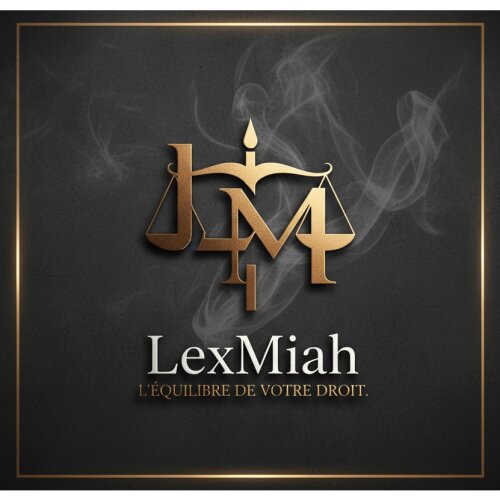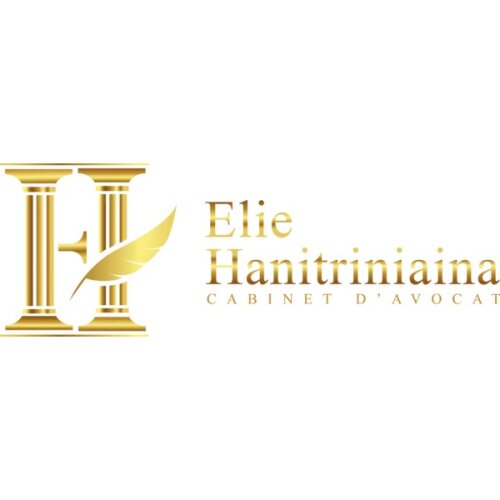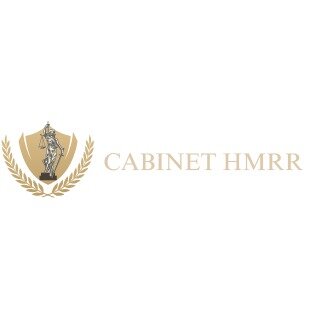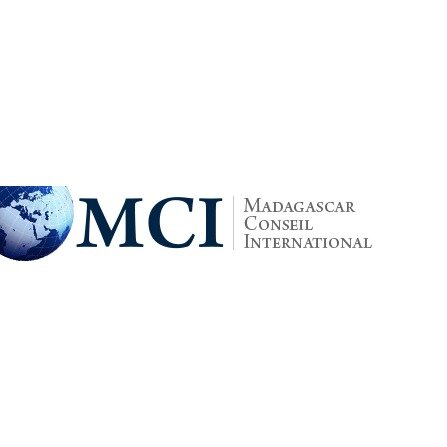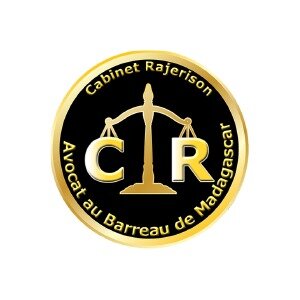Best FDA Law Lawyers in Antananarivo
Share your needs with us, get contacted by law firms.
Free. Takes 2 min.
List of the best lawyers in Antananarivo, Madagascar
About FDA Law in Antananarivo, Madagascar
FDA Law refers to legal frameworks governing food, drugs, medical devices, and cosmetic products. In Antananarivo, Madagascar, these laws are designed to protect public health, ensure the safety and quality of consumable goods, and regulate how products are made, distributed, and sold. Governing authorities oversee the compliance of individuals, businesses, and organizations with national health codes and international standards. FDA Law is a specialized area that involves regulations for product approval, labeling, importation, manufacturing, clinical trials, and post-market surveillance.
Why You May Need a Lawyer
Individuals and businesses in Antananarivo may face a variety of scenarios where professional legal assistance in FDA Law becomes crucial. Some common situations include:
- Navigating complex regulatory compliance for manufacturing or importing food, drugs, or cosmetics
- Responding to product recalls, safety inspections, or regulatory investigations
- Obtaining licensing or approval for new medical products or pharmaceuticals
- Defending against enforcement actions or product seizures
- Addressing false advertising or mislabeling issues
- Preparing for audits by government health agencies
- Handling cross-border trade of regulated products
- Challenging or appealing agency decisions affecting your business
- Guiding clinical trials in compliance with national and international protocols
- Managing liability following allegations of harm caused by a regulated product
Local Laws Overview
Madagascar's FDA Law is primarily overseen by the Ministry of Public Health and related regulatory agencies based in Antananarivo. Key aspects include:
- Strict licensing requirements for manufacturers, distributors, and importers of food, drugs, and cosmetics
- Mandatory product registration for pharmaceuticals and medical devices before market entry
- Labeling laws stipulating clear and accurate information in French and Malagasy
- Quality assurance standards aligned with regional and international bodies, such as the African Medicines Agency and World Health Organization
- Import controls and customs inspections to prevent counterfeit and substandard products
- Adverse event reporting obligations for healthcare providers and businesses
- Penalties for non-compliance, including fines, product recalls, and criminal charges in severe cases
- Special regulations for controlled substances and medical research
Frequently Asked Questions
What products are regulated under FDA Law in Madagascar?
FDA Law covers food, beverages, dietary supplements, pharmaceuticals, medical devices, and cosmetics. Certain chemicals and health-related products may also fall under the regulatory framework.
Who is responsible for enforcing FDA-related laws in Antananarivo?
The Ministry of Public Health and its subdivisions, such as the National Agency for the Control of Medicines, oversee the enforcement of these laws. Customs authorities also play a major role at points of import.
How do I register a new pharmaceutical product in Madagascar?
Product registration requires submitting a dossier that includes clinical data, manufacturing practices, labeling information, and proof of efficacy and safety. Approval must be granted before commercial distribution.
Are there specific labeling requirements for food and drug products?
Yes, labeling must be clear, accurate, and provided in both French and Malagasy. Information must include ingredients, manufacturing dates, expiration dates, batch numbers, and warnings if applicable.
What are the penalties for non-compliance?
Penalties range from administrative fines to suspension or revocation of licenses and, in severe cases, criminal prosecution. Products may be recalled or destroyed if found unsafe or improperly registered.
Can I import foreign-made medicines or medical devices?
Yes, but all imports must undergo inspection and registration. Documentation must prove the products meet national safety and quality standards.
Do traditional remedies fall under FDA regulation?
Certain traditional remedies, especially those sold commercially or claiming therapeutic benefits, may be subject to regulation, registration, and safety controls.
What should I do if my product is subject to a recall?
Act promptly to halt distribution and notify authorities. You must inform distributors, retailers, and, if necessary, the public. Legal guidance is essential to navigate the recall process and mitigate liability.
How can I ensure compliance as a new business?
Consult early with a lawyer or regulatory expert to review your business model, prepare documentation, and establish internal controls for ongoing compliance.
Where can I find official guidance on FDA Law in Madagascar?
The Ministry of Public Health regularly publishes rules and guidelines. Industry associations and legal professionals can interpret these requirements for practical application.
Additional Resources
For up-to-date information and support, consider the following resources:
- Ministry of Public Health (Ministère de la Santé Publique) - Regulatory body for health products and services
- National Agency for the Control of Medicines (Agence Nationale de Contrôle des Médicaments)
- Directorate of Food Safety (Direction de la Sécurité Alimentaire)
- Chamber of Commerce and Industry of Antananarivo - Guidance for businesses entering regulated markets
- World Health Organization (Madagascar Office) - International standards and technical support
- Local legal and pharmaceutical associations for professional advice and training
Next Steps
If you need legal assistance in FDA Law in Antananarivo, Madagascar, take these proactive steps:
- Identify the specific issue or regulatory question you are facing
- Gather all relevant documentation, such as product labels, licenses, or regulatory communications
- Consult with a qualified lawyer or regulatory consultant experienced in FDA Law and local practices
- Stay informed by regularly reviewing updates from official agencies
- Consider arranging ongoing compliance support, especially if you operate in a high-risk or international sector
- Document your efforts to comply with all local regulations to demonstrate good faith if problems arise
Lawzana helps you find the best lawyers and law firms in Antananarivo through a curated and pre-screened list of qualified legal professionals. Our platform offers rankings and detailed profiles of attorneys and law firms, allowing you to compare based on practice areas, including FDA Law, experience, and client feedback.
Each profile includes a description of the firm's areas of practice, client reviews, team members and partners, year of establishment, spoken languages, office locations, contact information, social media presence, and any published articles or resources. Most firms on our platform speak English and are experienced in both local and international legal matters.
Get a quote from top-rated law firms in Antananarivo, Madagascar — quickly, securely, and without unnecessary hassle.
Disclaimer:
The information provided on this page is for general informational purposes only and does not constitute legal advice. While we strive to ensure the accuracy and relevance of the content, legal information may change over time, and interpretations of the law can vary. You should always consult with a qualified legal professional for advice specific to your situation.
We disclaim all liability for actions taken or not taken based on the content of this page. If you believe any information is incorrect or outdated, please contact us, and we will review and update it where appropriate.




